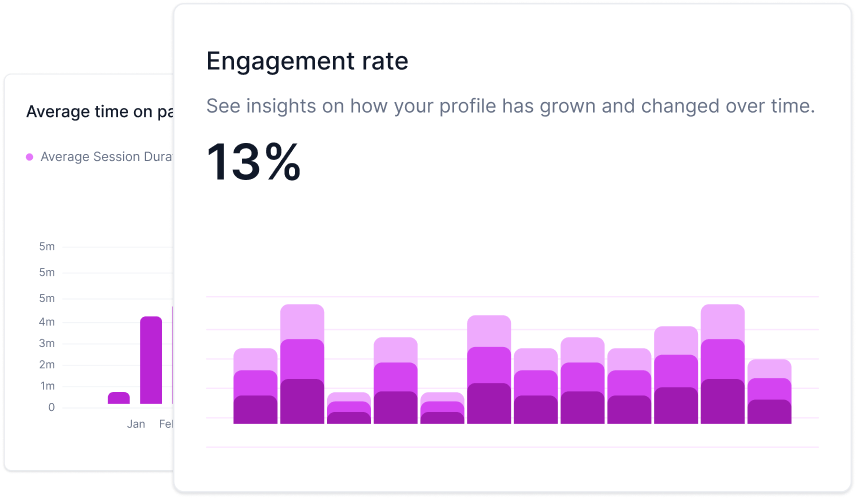What is the CRM Software?
CRM (Customer Relationship Management) software is a technology solution that helps businesses manage and analyze their interactions and relationships with customers and potential customers. It typically includes tools for contact management, sales, marketing, and customer support, enabling businesses to streamline processes, improve customer engagement, and make data-driven decisions.
In the world of modern business, managing and nurturing customer relationships is paramount. This is where CRM (Customer Relationship Management) software comes into play. In this article, we'll explore CRM software, answer three fundamental questions, and provide insights into how it can revolutionize your business.
What Are the Key Features and Functionalities of CRM Software, and How Can They Benefit My Business?
CRM software is a robust platform designed to streamline and enhance your interactions with customers and potential customers. It offers a range of features and functionalities, including:
- Contact Management: CRM software serves as a central hub for storing and organizing customer information. It helps you maintain detailed profiles, including contact details, purchase history, and communication history.
- Sales Automation: CRM tools enable you to automate various sales tasks, such as lead tracking, opportunity management, and sales forecasting. This boosts your team's efficiency and helps them focus on high-potential leads.
- Marketing Automation: CRM systems often incorporate marketing automation capabilities for email marketing, lead nurturing, and campaign tracking. You can segment your audience and send personalized messages, improving the customer experience.
- Customer Support: Many CRM platforms include customer support features, such as ticketing systems and knowledge bases, to streamline support processes and enhance customer satisfaction.
- Analytics and Reporting: CRM software provides insights through data analytics and reporting. You can monitor sales performance, track customer interactions, and make data-driven decisions.
The benefits of CRM software for your business are substantial:
- Improved Customer Relationships: By maintaining detailed customer profiles and interaction histories, you can provide more personalized and responsive service.
- Efficient Sales and Marketing: CRM automation reduces manual tasks, allowing your sales and marketing teams to focus on strategic activities that drive growth.
- Enhanced Customer Support: Quick access to customer data and support histories enables more efficient and effective customer service.
- Data-Driven Decisions: CRM software provides valuable insights into your customer base and sales processes, helping you make informed decisions.
How Do I Choose the Right CRM Software for My Business, and What Factors Should I Consider During the Selection Process?
Selecting the right CRM software for your business involves careful consideration. Here's a step-by-step guide:
- Define Your Needs: Identify the specific requirements of your business. Consider your industry, the size of your team, and your goals.
- Budget: Determine your budget for CRM software, including initial setup costs and ongoing subscription fees.
- Ease of Use: Look for user-friendly software that suits your team's technical skills and preferences.
- Scalability: Ensure the CRM system can grow with your business.
- Integration: Check if the CRM software integrates with your existing tools, such as email marketing platforms or e-commerce systems.
- Customization: Assess the degree to which you can customize the software to align with your unique processes and needs.
- User Support and Training: Consider the availability of support resources and training options for your team.
What Are the Best Practices for Implementing and Using CRM Software Effectively, and How Can It Be Integrated into Existing Business Processes?
Implementing CRM software effectively involves the following best practices:
- Define Objectives: Clearly outline your goals and expectations for using CRM software. This will guide your implementation and usage.
- User Training: Provide comprehensive training to your team to ensure they can use the software proficiently.
- Data Migration: Ensure a smooth transition by accurately migrating your existing customer data to the CRM system.
- Integration: Integrate the CRM software seamlessly with your other tools, creating a unified ecosystem.
- Continuous Improvement: Regularly assess your CRM processes, make adjustments, and optimize for better results.
In conclusion, CRM software is a game-changer for businesses aiming to build and nurture strong customer relationships. By understanding its key features, considering selection factors, and implementing best practices, you can harness the power of CRM software to boost efficiency, enhance customer interactions, and drive growth in your business.

